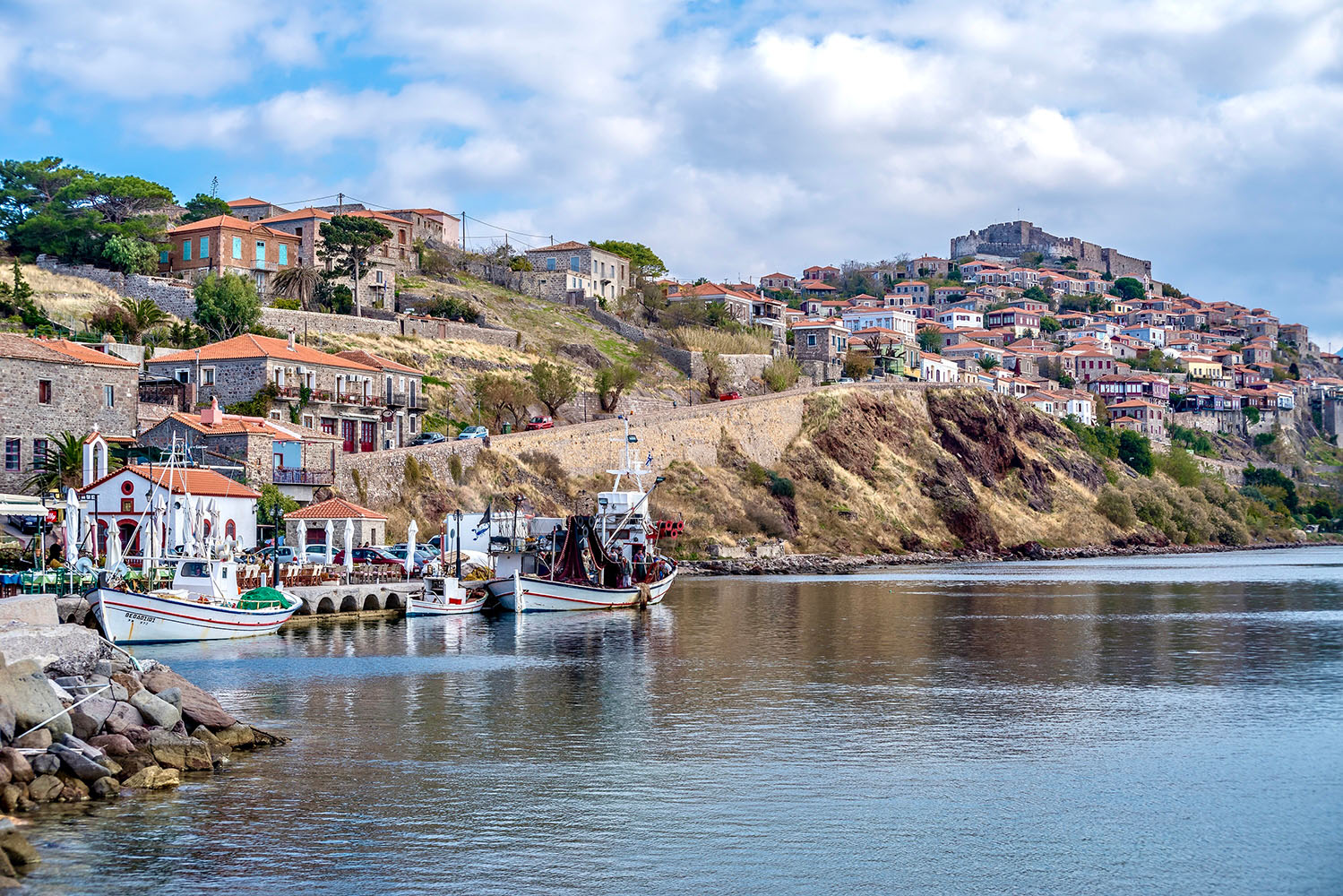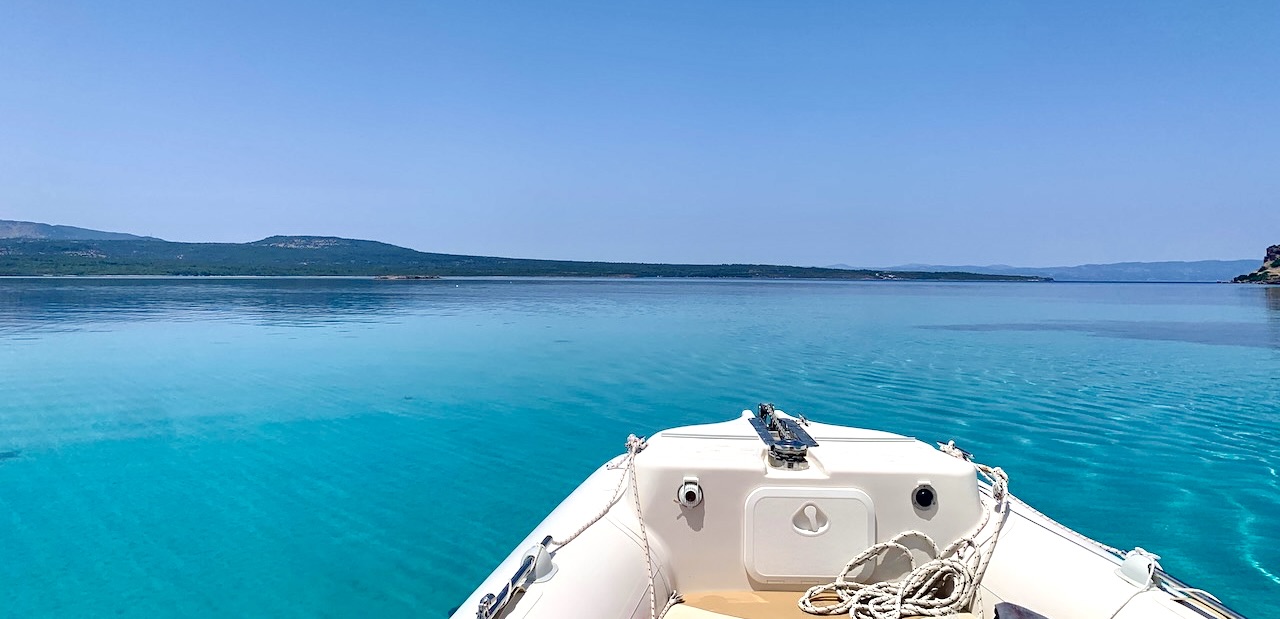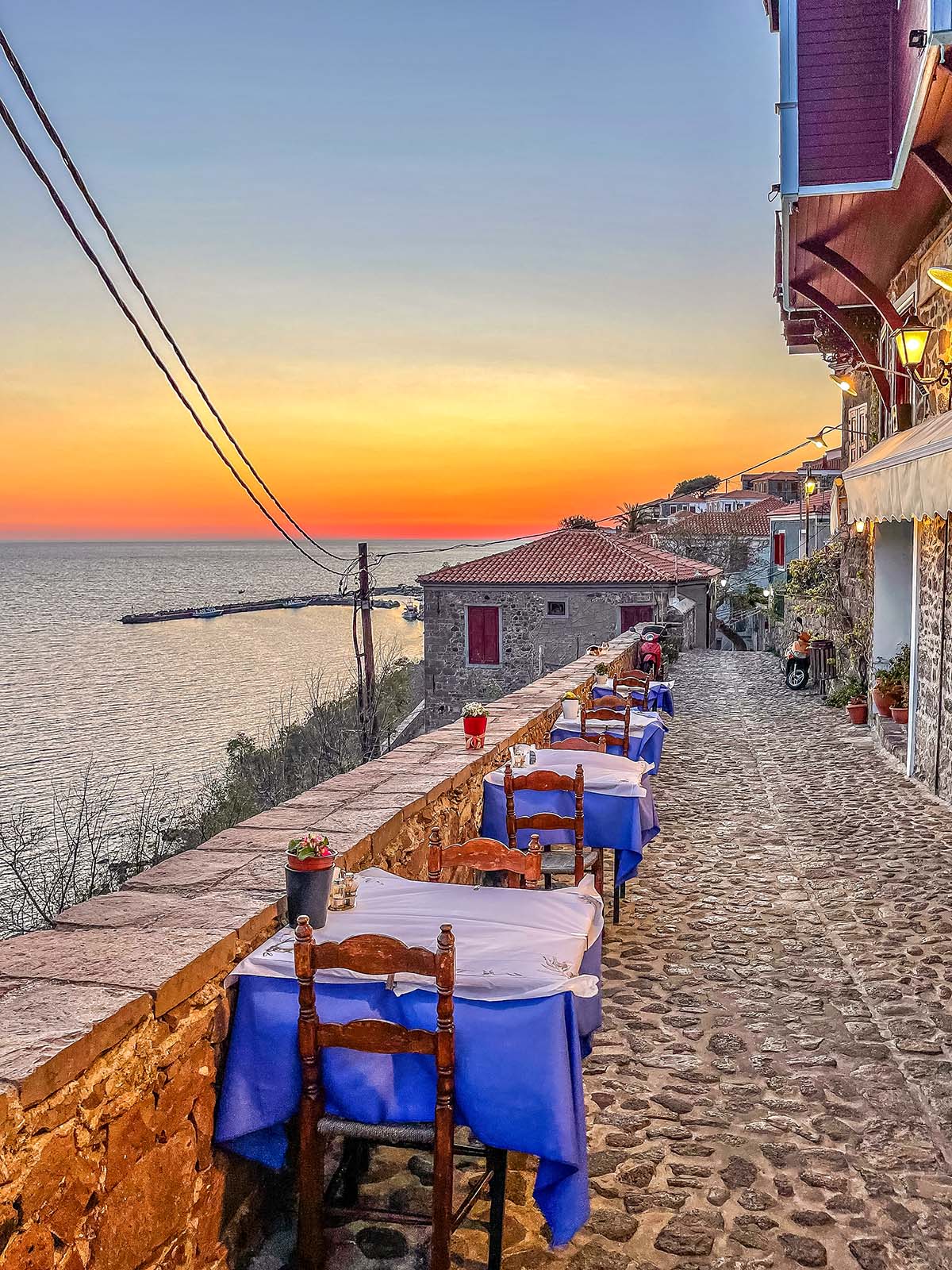Sustainable Travel to Greece? Discover the Authentic Island of Lesvos
If you are looking at Greece as a holiday destination, you may have some questions regarding sustainable tourism. You may also be wondering what the best Greek island is for nature. Lesvos is notorious for landscapes that are filled with natural beauty, making it one of the best Greek islands for nature lovers. And much of this can be enjoyed when travelling with a sustainable mindset.
Here we look at what sustainable tourism really is and how the concepts were developed, as well as some potential activities that you can do sustainably whilst visiting the beautiful island of Lesvos.
Real Lesvos aims to give a fair deal to local suppliers and support local businesses. We believe in sustainable tourism and try hard to practice it wherever we can. When we set up our company, we really wanted to focus on four key areas:
- Ensuring tourism benefits local communities
- Enabling tourism to support the environment
- Becoming part of local culture, working for its benefit
- Investing in local companies and local people.
Much of Lesvos food is farm to fork and you can eat local food in most of the family-run restaurants who will tell you where the produce you are eating comes from! There’s nothing like eating fresh fish caught in the harbour in front of you, ripe tomatoes from the garden and olives from the local olive groves. In fact, there are over 11 million olive trees on Lesvos, which equates to around 122 per person!
Lesvos doesn't have lots of overdevelopment and there's no trips to swim with captive marine life here. There's plenty of traditional stone houses, or small studios, built to strict local planning regulations. For example Grand View Afrodite is designed to fit in with the architecture of the village and built in beautiful stone with terracotta tiled roofs. You can see dolphins and sea life, free in their natural habitat. Lesvos is a haven for birdwatching with lots of rare species (and even pink flamingos!) and the south of the island is a UNESCO Global Geopark.
What is Sustainable Travel?
Sustainable tourism refers to an approach to tourism whereby considerations are given toward the environment and socio-economic factors that are affected by the people travelling. In addition to economic, social, and environmental concerns, sustainable tourism includes improving the tourists' experiences and meeting the needs of the community. Some examples of this may include choosing not to go somewhere like the Great Barrier Reef, whose ecology is suffering due to the mass amounts of tourists who visit each year.
To find out whether a destination can fall into sustainable tourism, you can weigh up the positive and negative impacts of your trip. Negative impacts may include damage to the natural environment or overcrowding, whereas positive impacts might include job creation or funding the preservation of a heritage site. Key learnings and research have shown that there are so many different ways that we impact the world around us that are often not so obvious. It turns out that all of our actions have consequences, and we are only just beginning to understand how far-reaching these are. So, educating yourself before travelling away could be the best way to prepare to travel sustainably.
To keep up to date with the latest developments in this field, you might be want to check out the Journal of Sustainable Tourism. This is a journal that publishes theoretical, conceptual and empirical research on sustainable tourism in a peer-reviewed academic journal. Its conception came with the increase in popularity of sustainable tourism in 1993 and has since been sharing its findings with readers on how to incorporate some ethical practices when travelling to be more mindful of surroundings.
Best Greek Island for Nature Lovers
Lesvos has some of the most scenic views and picturesque sights across all areas of the island. The landscape varies from arid to verdant lush forests with blue skies and even bluer seas has made it a popular destination for nature lovers.
One such location is Lesvos Petrified Forest. Forests like the one on Lesvos were formed from the fossilised remains of plants and trees. Some of the latest finds include a tree measuring 19.5 metres, complete with roots, branches, and leaves, as well as 150 fossilised logs. Not only is it a great environment to surround yourself in, but it is also a very educational excursion.
Elsewhere, you may choose to surround yourself in nature by visiting the jaw-dropping Man'Katsa Waterfall, a beautiful location surrounded by towering trees and steep cliffs. In the springtime, the basin of the waterfall is filled with lush flowers and orchids.
Sustainable Tourism in Lesvos
Lesvos has a particular charm in its biodiversity. As soon as you stray from the city centre, it’s clear just how varied the environments within the island can be with a variety of different plants and animals. This kind of setting makes it perfect terrain to go hiking or cycling to take in the land at speed. Twisting rivers, daunting cliffs and open fields all combine to make this one of the most enchanting islands. There are a number of hiking trails available, enough to keep you going for a while. Lesvos hosts an annual International Mountain biking event (think cobbled streets, high-speed bends as well as mountain trails!).
Of course, none of this takes away from other attractions such as the many archaeological and historical sites or the pretty traditional streets with small shops found in every town and village such as Molyvos. Instead, the ecological environment surrounding the cities act as the perfect compliment and activity for when you are feeling like you want to immerse yourself in Greek culture for the day.
If you are looking to lower your carbon footprint, getting to Lesvos does not have to be done by air travel, there is also a daily ferry that leaves from the port of Athens every day.
So you can have an authentic Greek island holiday and support sustainable tourism, that’s the Real Lesvos difference!
For help planning your stay on Lesvos get in touch with Real Lesvos!













